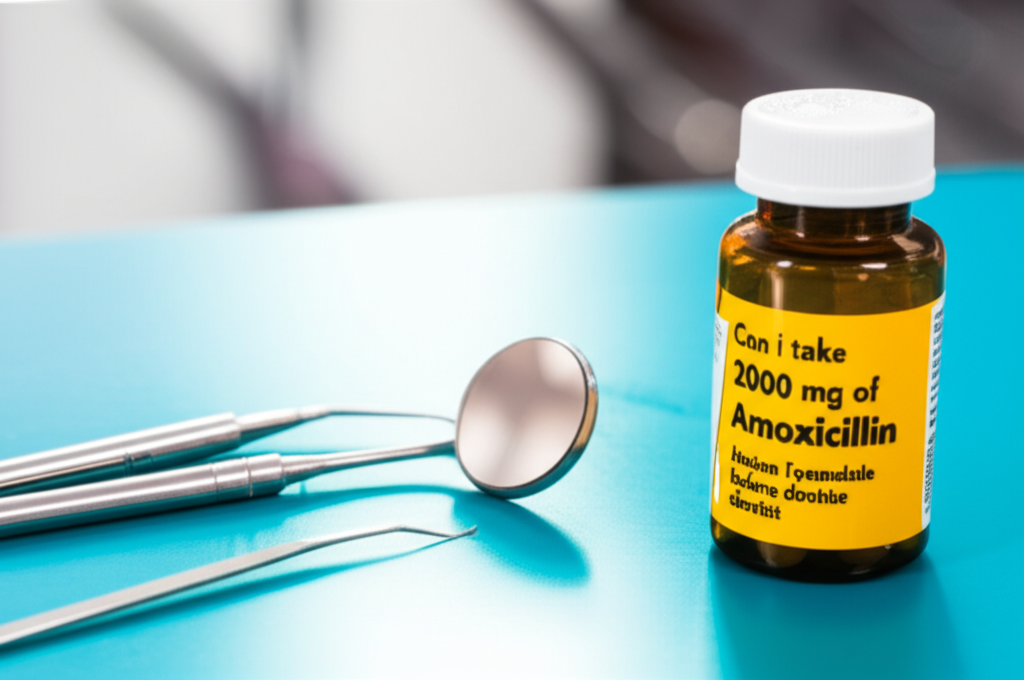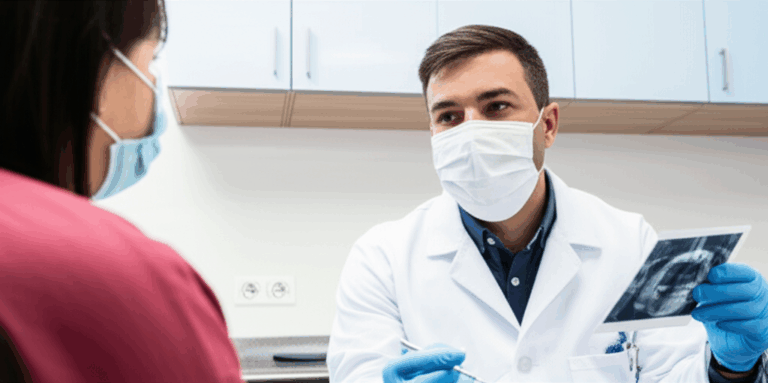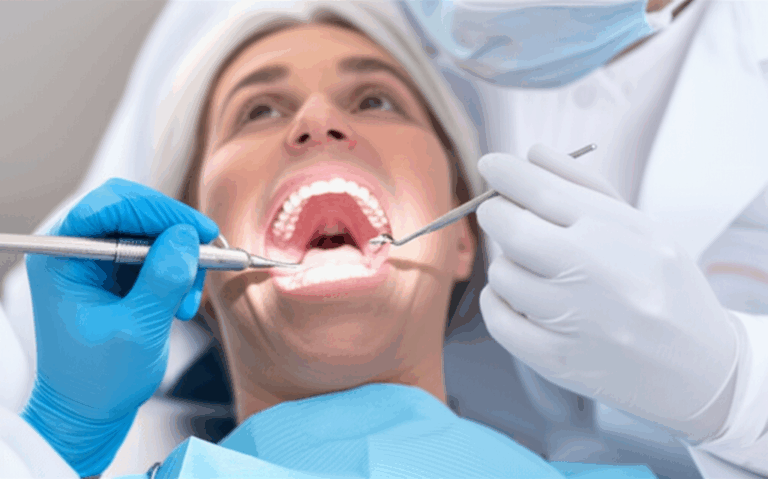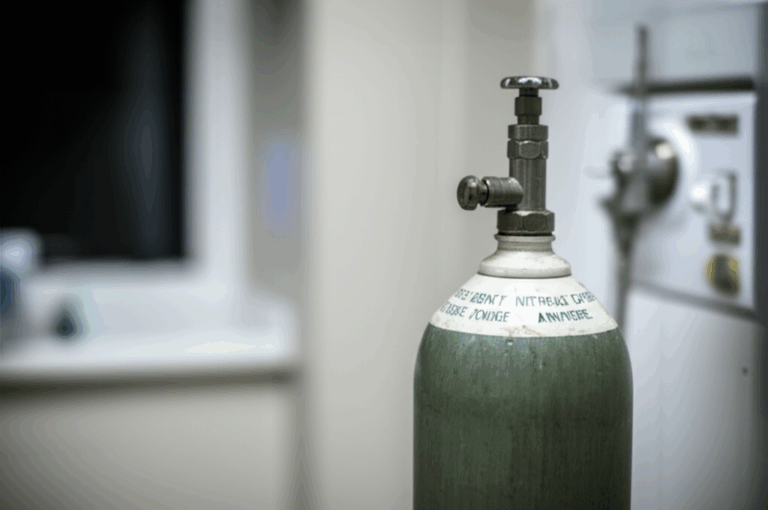
Can I Take 2000 mg (2g) of Amoxicillin Before My Dentist Appointment?
Understanding Safe Premedication Guidelines for Dental Procedures
It’s natural to stop and think before taking any new medicine—especially a big dose like 2000 mg of amoxicillin before seeing the dentist. Maybe your dentist gave you a prescription, or maybe you’re listening to advice from family, friends, and the internet. Your worries make sense: Is this dose safe? Do you really need it? What is it for, and could it make you feel sick? You’re not alone in asking these questions. Let’s clear things up together, so you can go into your next dental appointment feeling sure, informed, and safe.
In This Article
- What Is Amoxicillin Premedication for Dental Procedures?
- Is 2000 mg (2g) Amoxicillin the Correct Dose for Dental Prophylaxis?
- When Should You Take Amoxicillin Before Your Dentist Visit?
- Who Really Needs Amoxicillin Before Dental Work?
- What Are the Risks and Side Effects of 2000 mg Amoxicillin?
- Always Ask Your Dentist or Doctor
- Key Points: What You Really Need to Remember
What Is Amoxicillin Premedication for Dental Procedures?
Let’s keep it simple. Sometimes, before certain dental treatments—like cleanings, tooth pulling, or deep gum cleaning—your dentist may tell you to take an antibiotic, usually amoxicillin. This isn’t to heal an infection you already have. It’s a step called “antibiotic prophylaxis” to try and stop an infection from starting.
Why take antibiotics before seeing the dentist?
Some dental work can send germs from your mouth into your blood (this is called bacteremia). For most healthy people, this isn’t a big deal. Your body usually deals with those germs right away. But for a small group of people with some health problems—mainly heart or joint issues—even a quick burst of germs in the blood can cause major problems, like infective endocarditis (a serious infection inside the heart).
Think of your mouth as a busy town, and a dental job as opening new side roads for trucks. If these trucks (germs) get onto the main road (your blood), they might go past most people with no trouble. But if your body has weak spots (health problems), you need extra help (antibiotics) to keep things safe.
So, giving antibiotics to these patients before dental work is a short-term “boost”—just enough to kill any stray germs that might get loose during dental work.
Is 2000 mg (2g) Amoxicillin the Correct Dose for Dental Prophylaxis?
The number 2000 mg may look scary—two grams! That might be more than your usual daily antibiotic. Here’s the basic answer:
Is 2000 mg standard?
Yes, 2000 mg (or 2 grams) of amoxicillin in one dose is the usual amount for grown-ups who need dental antibiotic protection. This goes along with rules from the American Dental Association (ADA) and the American Heart Association (AHA).
Why so much in one go? The idea is to get a lot of the medicine in your blood fast—so there’s enough there to kill the germs that might get loose while your dentist is working.
Who should give this dose?
Never give yourself antibiotics. Even if you’ve had amoxicillin before, or you think you’re at risk, always talk to your dentist or doctor first. They know your health history—and if amoxicillin is right and safe for you right now. Taking antibiotics on your own (from leftovers, or no prescription) can be dangerous: you could take the wrong dose, get bad side effects, or even help create “superbugs” (germs that don’t die from regular antibiotics).
When Should You Take Amoxicillin Before Your Dentist Visit?
Now you’ve got the prescription. What next?
The Golden Rule: Timing
Take the full 2000 mg dose—that can be four 500 mg pills, or two 1000 mg pills, depending on what they give you—all at the same time, about 30–60 minutes before your dental work starts.
This amount of time means the medicine is in your blood right when your dentist begins. Try your best to stick to this window.
What if you forget or take it late (or not at all)?
Sometimes things happen. If you remember after the dental work has started—but it’s still within two hours—take the full 2000 mg dose as soon as you can.
If you remember hours later or the next day, don’t take extra or double up. Instead, tell your dentist or doctor. They’ll let you know what to do.
Is it ever more than one dose?
For most dental premedication, this is a one-time deal—not a whole week of pills. You take the 2000 mg dose before the treatment, and that’s it. That’s enough for almost all dental treatments that need it. If you have a special risk or a more complicated procedure, your dentist will tell you if you need something different.
Who Really Needs Amoxicillin Before Dental Work?
You may be surprised: Most people don’t need antibiotics before dental visits. Over the years, experts have been pickier, so we don’t use antibiotics unless we really need them.
High-Risk Heart Problems
You should take antibiotics before dental work if you have:
- Artificial (fake) heart valves
- A history of infective endocarditis (a past infection inside the heart)
- Some heart birth defects:
- Unfixed cyanotic heart problems (even those with shunts or tubes put in)
- Fixed heart problems with leftover issues at the site of a patch or device
- Heart transplant patients who get a valve problem after
What About Joint Replacements?
Not too long ago, it was normal to “take antibiotics for your fake hip or knee.” That’s changed now. Big studies found that most people with fake joints don’t need extra antibiotics for dental visits.
You might still need antibiotics if you:
- Have a very weak immune system
- Had a joint infection before
- Your surgeon or dentist says you need it because of your health
Always ask your joint doctor or dentist, just in case.
Other Rare Cases
Sometimes, people with other serious problems (like organ transplants or really weak immune systems) may need premedication. For kids, the dose is smaller and always picked for their weight.
If your dentist or doctor says to take antibiotics before dental work—ask why, and make sure it fits your own situation.
What Are the Risks and Side Effects of 2000 mg Amoxicillin?
You want to stay safe, not get new problems. Like any medicine, amoxicillin can have side effects. The good part: with just one big dose (not a week’s worth), most people have few, if any, problems.
Common Side Effects
- Stomach trouble: Some people get a little sick to their stomach or mild diarrhea, but it doesn’t last.
- Mild rash: Every so often, people get a light, itchy rash.
- Yeast infections: Uncommon after one dose, but possible if you easily get them.
Scarier Reactions (Rare, but Know Them)
- Allergic Reaction (Anaphylaxis): Signs like swelling, hives, trouble breathing, or fainting need emergency help. Always tell your dentist if you’re allergic to penicillin.
- Bad gut infection (C. diff): Really bad stomach infection mostly happens in people taking antibiotics for a long time, but it’s still possible, mostly if you’ve had it before.
- Mixing medicines: Amoxicillin can mess with some other medicines—like blood thinners and some birth control pills. Remind your dentist about everything you take.
What if You’re Allergic?
If you’re allergic to penicillin (or had a reaction before), you can take other medicines:
- Clindamycin
- Azithromycin
- Cephalexin (sometimes, if your allergy was mild)
- Doxycycline (not often)
Don’t take amoxicillin if you’re allergic. Tell your dentist so they can pick the right medicine.
Always Ask Your Dentist or Doctor
Looking things up is great—and you’re smart to want to know more. But nothing beats getting advice just for you from your own dentist or doctor.
Why? Because only they know your health, medicine list, reactions in the past, and the exact dental work you’re getting.
If you start to feel off, or something worries you, don’t just wait. Call your dentist or doctor.
Never take leftover antibiotics, share yours, or change your dose on your own. “Superbugs” (germs we can’t kill with regular antibiotics) are real, and using antibiotics wrong can cause problems for you and everyone else.
The Bigger Picture: Why Does My Dentist Want Me to Take Antibiotics?
You might think: “This feels like a lot for a cleaning. Is the dentist being too careful?” Good question.
Why Do We Do This?
Any time your gums or mouth tissue are poked or cleaned under the gums, bacteria might enter your blood. This “germ rush” is usually no big deal—unless you have a weak spot (like certain heart or joint issues) where those germs can stick and cause trouble.
Years ago, almost anyone with fake joints or a heart murmur got extra antibiotics, “just in case.” Now, thanks to science, we know the risk for most people is tiny. The big health groups now tell us to use antibiotics only if someone is really at risk—so we get the good parts (less chance of infection) without the bad (superbugs, side effects).
Curious about how dental labs make crowns, implants, or bridges with safe, quality materials? Check out top china dental lab resources or see how a dental ceramics lab makes strong, safe dental parts for better health results.
At-Home Care and When to See a Dentist
Antibiotics are not a stand-in for taking great care of your teeth. Here’s what you can do—no matter your risk.
What You Can Do At Home
- Keep up with brushing and flossing: Stop germs building up in your mouth.
- See your dentist regularly: Prevent problems instead of waiting for an emergency.
- Control your health issues: If you have heart disease, diabetes, or a new joint, work with your doctors and dentist. Always keep your health info up to date.
- Be honest about allergies and changes: Tell your dentist everything, even if it seems small.
- Don’t use someone else’s antibiotics or old ones: Old medicine might not work, and could even harm you.
When to See the Dentist
Call your dentist if you have:
- New or unexplained mouth pain, swelling, or redness
- Bleeding gums that don’t stop
- A dental appointment and a new health change (like a new artificial joint)
- Any known drug allergies—always say this before your visit
Who Is This Information For?
Are You a Good Fit for Amoxicillin Premedication?
Take note: Amoxicillin as premedication is not for all people! If you’re an adult or child with any high-risk problem mentioned above—or your health is confusing—it’s for you. If you’re not sure, ask your dentist.
Not for you if:
- You’re healthy, have no heart problems or new joints
- You just have a small cavity or minor dental work
- You’re allergic to penicillin (in that case, ask about another medicine)
Key Points: Amoxicillin and Dental Premedication
Here’s the short version:
- 2000 mg (2g) of amoxicillin is the usual adult dose before dental work, but only for some high-risk people.
- Timing counts: Take it 30–60 minutes before.
- Don’t take it unless it’s given to you. Never use leftovers or someone else’s pills.
- Not everyone needs premedication: Only those with special heart or joint problems, or other rare reasons.
- Tell your dentist all about your medicine, allergies, and health. This keeps you safe.
- Watch for side effects—especially allergies—and tell your doctor if you feel strange.
Empower Yourself: Questions to Ask at Your Next Dental Visit
- Do I actually need antibiotics before this?
- Is amoxicillin the right type for me? What if I have allergies?
- When do I take it? What if I forget?
- What bad effects should I look for?
- Does my health or other medicines change what I should do?
Further Learning and Support
Want to know more about dental crowns, bridges, or dental implants? Or curious about safe dental materials and how they’re made? For more information, check out resources from top dental ceramics lab pros and learn all about how labs help keep smiles healthy and strong.
You’ve Got This—Here’s to a Safe, Healthy Smile
It’s smart to ask questions about antibiotics and dental visits. By learning who needs them, why we use them, and how to take them the right way, you’re looking after your health. Trust your dentist and doctor—they want to help you. Never worry about asking questions or asking them to explain again. When it comes to your health, every question matters.
Reviewed by dental professionals. For personal advice, always talk with your dentist or doctor.
Frequently Asked Questions (FAQs)
I took my amoxicillin too early. Will it still work?
Most of the time, yes, if it’s within two hours of your dental visit. If it was much earlier or you don’t know, tell your dentist before starting.
Is 2000 mg a “high” dose?
It is more than usual infection doses, but for dental protection, a single 2g dose is what the experts say is right (and safe unless you’re allergic).
Can I use amoxicillin left from last year?
No. Old antibiotics might not work, could be out of date, or cause harm. Always take a new prescription for your current need.
Will I need antibiotics before every cleaning forever?
No. Most people need premedication only if their problem stays. Guidelines might change as your health changes, so check with your dentist every so often.
Want to know more about dental treatments and new dental lab options for crowns and implants? See our guides on the newest dental technology and how today’s labs are making better, safer smiles.
Your smile should get the best care—putting safety, caring, and prevention first. You’re already on track for great oral health.
If this helped you, save it for your next dentist visit or share it with someone who’s unsure. A little information can go a long way!








